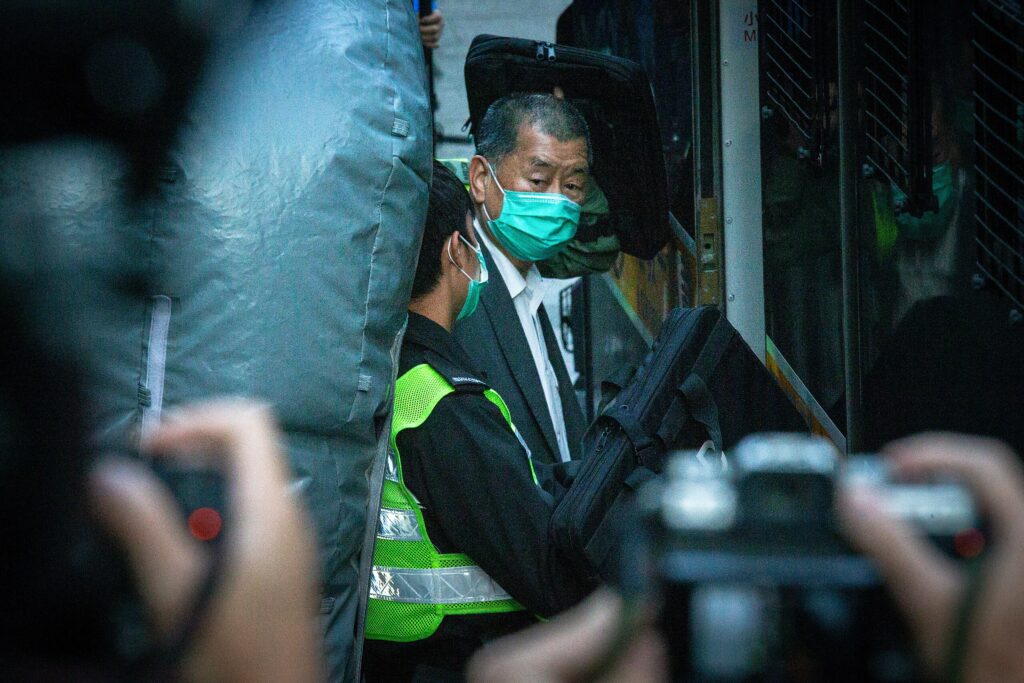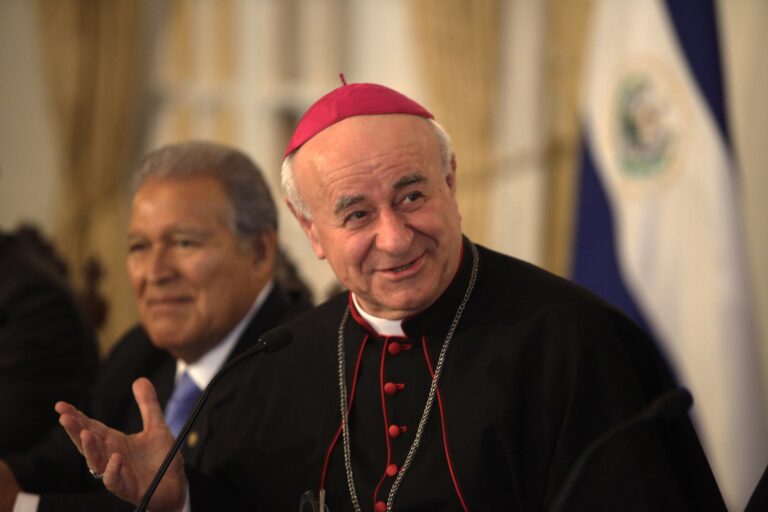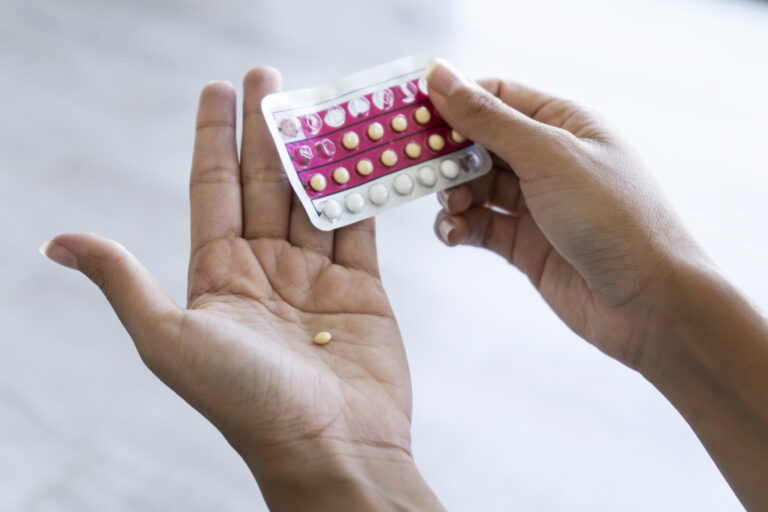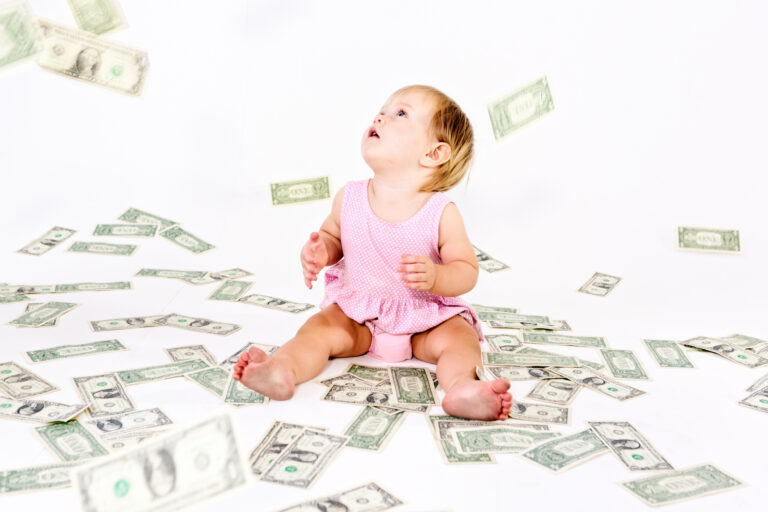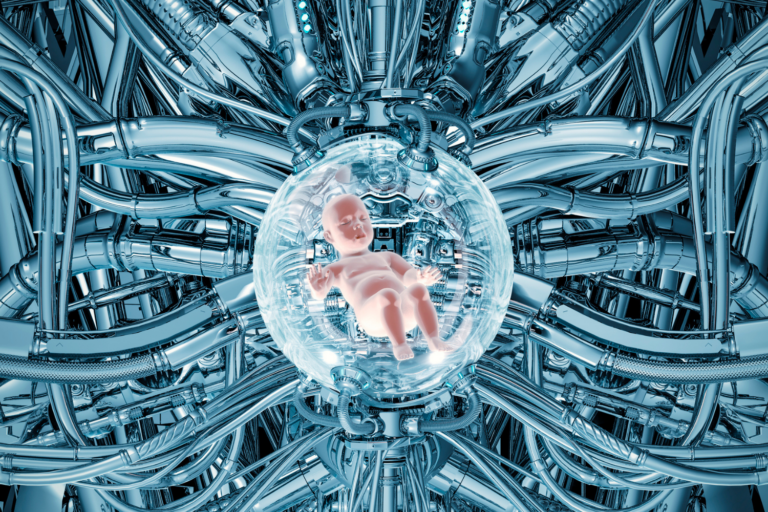Jimmy Lai could have fled Hong Kong when the Communists came in 1997. Hundreds of thousands of his fellow Hong Kongers did, making for the friendlier shores of Canada, Australia, and the United States.
But the billionaire entrepreneur, publisher of the former British colony’s leading newspaper, the Apple Daily, decided to stay behind instead and fight for freedom. It’s a decision that may cost him his life, his friend and biographer, Mark Clifford, believes.
As Clifford recounts in “The Troublemaker”, Jimmy Lai had escaped Communist China once before. In 1961, as a 12-year-old boy, Lai had slipped across the border into Hong Kong with nothing but the clothes on his back.
It was the time of the Great Chinese Famine—Mao’s missteps would condemn 45 million people to death by starvation—and the city was crowded with refugees. But Lai managed to find a job in a factory as an odd-jobs worker. Paid a pittance, he survived by sleeping on the factory floor and eating cheap noodles from street stalls.
Charismatic, energetic, and eager to learn, Lai quickly rose through the ranks. By the time he was 20 he was managing a factory with 300 workers. At 26 he owned one. And then in 1981, at the age of 33, he founded the retail chain Giordano, where he pioneered fast fashion.
Jimmy Lai had made his fortune in freewheeling Hong Kong, which had prospered mightily under British rule. And, though not politically active, he was hopeful that Deng Xiaoping’s economic reforms would lead to increasing freedom in his homeland as well.
That dream died on June 4, 1989, when the Beijing regime gunned down thousands of students and workers in and around the main square of China’s capital city.
The Tiananmen Massacre was Lai’s moment of political awakening. He threw himself into the campaign for democracy with the same energy that was to make him a billionaire over the next decade. Among other things, he helped some of the student leaders on China’s most wanted list, democracy activists like Wuer Kaixi, to escape to the West.
But what really put Lai on what Clifford calls “a collision course with Beijing” was an article he wrote about then-premier Li Peng, one of the leaders behind the crackdown.
“He derided the Chinese premier as ‘a national humiliation,’” writes Clifford. “He criticized the barbarism, corruption, and decay of the Chinese Communist Party…. He closed his column with an emphatic throwdown to the premier: ‘I want to tell you that not only are you a bastard, you are also a bastard with zero IQ.’”
Beijing was furious, and began a campaign to destroy Lai’s businesses, not to mention his reputation.
Like many Hongkongers, Lai had made contingency plans to leave Hong Kong as the date of the handover approached.
But now he resolved not to leave. He had fled communism once before, but now he would stand and fight. He would use his money, his influence, and the power of his Apple Daily press to support Hong Kong’s democracy movement and hold back tyranny.
Lai’s oft-repeated credo, Clifford writes, was this: “I will fight for freedom, I will not give up anticommunism, [and] I will never give up my dignity as a human being.”
Where did the courage to confront the biggest killing machine on the planet—the Chinese Communist Party—come from?
In part it came from “a businessman’s instinctive aversion to political control,” Clifford writes. But he makes it clear that Jimmy Lai’s convictions ran far deeper.
Although he had only five years of formal education, Lai was a voracious reader. Milton Friedman, a close personal friend, wrote: “On his own, [Lai] acquired a liberal education and became a libertarian.”
On a more personal level, Clifford notes, Lai was inspired by the faith of the Catholics he met in the course of his pro-democracy activities, such as Cardinal Joseph Zen and Bill McGurn of the Wall Street Journal.
Lai entered the church within days of the Communist takeover. He was confirmed by Cardinal Zen and McGurn was his godfather. As his wife, herself a believer who grew up in a strong Catholic family in China, noted at the time, “He knows that a fight is coming and that he will need God’s help for this fight.”
In the years since, he has been beaten up, his house firebombed, and repeatedly arrested. He has spent most of the past four years in prison.
Today Lai spends around 23 hours a day in solitary confinement in a maximum-security facility. He spends his days praying, reading Inspirational books, and drawing religious art. His son, Sebastian, has said that he is very much at peace with God, and that he fully expects to die in prison.
The national security charge he is now facing—colluding with foreign forces— carries a penalty of life imprisonment.
The story of Jimmy Lai’s rise in the textile industry alone makes for a fascinating tale.
But it is his willingness to sacrifice his fortune, his freedom and his very life to the cause of freedom that makes this brilliant biography such compelling reading.
For Jimmy Lai is not only China’s most important political prisoner; he is the very personification of the greatest city in Chinese history. It is a city with a large, and very faithful, Catholic population that, sadly, has been abandoned by the Vatican in its pursuit of a deal with China.
His persecution at the hands of a totalitarian regime mirrors the ongoing destruction of Hong Kong itself.
His trial began on December 18, 2024. It is still continuing today.
******
This article first appeared in the NY Post on December 28, 2024
